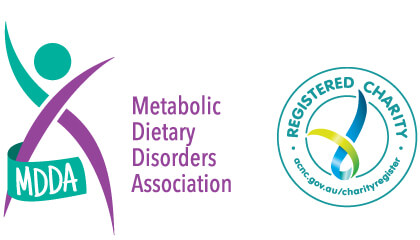Definition
Ornithine Transcarbamylase Deficiency (OTC) is a rare, X-linked genetic disorder. It is characterised by complete, or partial, lack of the enzyme ornithine transcarbamylase. OTC is one of six enzymes that play a role in the break down and removal of nitrogen the body, a process known as the urea cycle. The lack of the OTC enzyme results in excessive accumulation of nitrogen, in the form of ammonia (hyperammonemia), in the blood. Excess ammonia, which is a neurotoxin, travels to the central nervous system through the blood, resulting in the symptoms and physical findings associated with OTC deficiency. Symptoms include vomiting, refusal to eat, progressive lethargy, and coma.
Diagnosis
Diagnosis often happens during the newborn period. It can also be made if symptoms present at any age.
Prevalence
1:50,000 – 80,000 estimated worldwide.
Treatment for Ornithine Transcarbamylase Deficiency
The treatment of Ornithine Transcarbamylase Deficiency is aimed at preventing excessive ammonia from being formed or from removing excessive ammonia during a hyperammonemic episode. OTC is treated using a low protein, high calorie diet with administraion of micronutrients and essential amino acids.
Treatment is different during illness. In this case, ring your metabolic doctor, dietitian or the 24-hour emergency number which you have been given.
